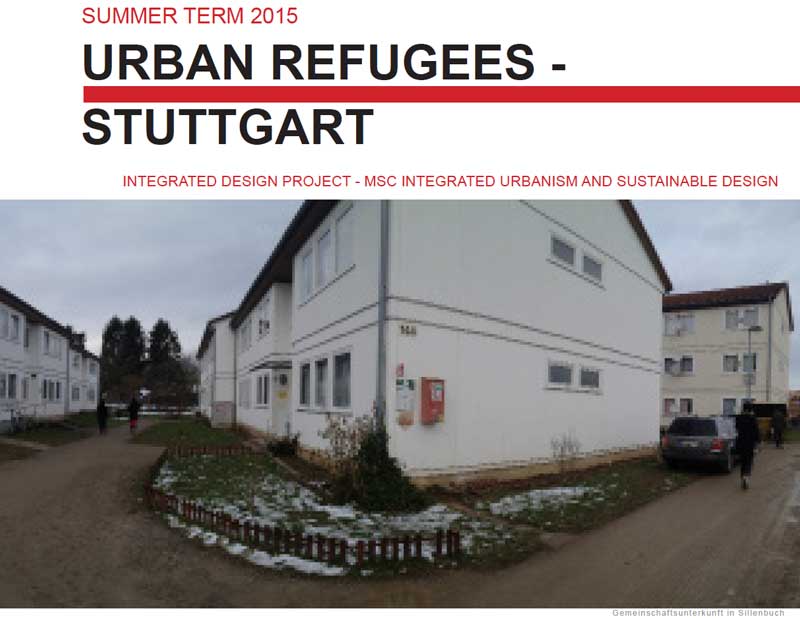| INSTITUT FÜR LANDSCHAFTSPLANUNG UND ÖKOLOGIE / STÄDTEBAU INSTITUT | |
| TIME & ROOM: Tuesdays, 10am - 5:30 pm, Werk8 - Feuerbach START: 14. April 2015 Room 8.06 Keplerstr.11 LECTURERS: Prof. - Dr. Astrid Ley, Marisol Rivas-Velasquez (SI) Prof. Antje Stokman, Moriz Bellers (ILPÖ) |
|
 |
|
|
TOPIC: ORGANISATION: |
|

